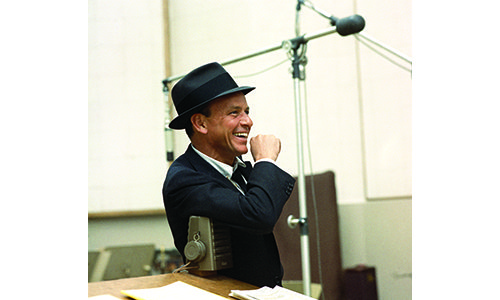YouTube has published its first ever set of AI music principles, and it has launched the YouTube Music AI Incubator initiative that will work with artists, songwriters and producers starting with members of the Universal Music Group.
The hugely popular streaming service points out that its three fundamental AI music principles are rooted in its commitment to collaborate with the music industry and promote responsible innovation in the streaming services market. Neal Mohan, CEO, YouTube, recently shared the service’s principles, which he says are designed to foster creativity, while also protecting artists.
YouTube’s AI Music Principles
Here is an overview of YouTube’s AI Music Principles:
Principle #1: AI is here, and YouTube will embrace it responsibly together with its music partners
YouTube explains as AI unlocks new forms of creativity, it and the service’s partners across the music industry agree to build upon their collaboration history to embrace this rapidly advancing field.
Principle #2: AI is ushering in a new age of creative expression, but it must include appropriate protections and unlock opportunities for music partners who decide to participate
The streaming service points out that it is emphasizing its track record of protecting the creative work of artists.
Principle #3: YouTube has built trust and safety organization and content policies. It will scale those pillars to meet the challenges of AI
YouTube notes that it has also spent years investing in the policies that help protect the YouTube community, and it has applied those safeguards to AI-generated content. According to YouTube, generative AI systems can amplify current challenges like trademark and copyright abuse, misinformation, spam, and more. But, it continues, AI can also be used to identify this sort of content, and it will continue to invest in the AI-powered technology that helps it to protect its community of viewers, creators, artists and songwriters.
AI Principles Well Received by Universal Music Group
Taking part in a YouTube Guest Blog, Sir Lucian Grainge, chairman and CEO, Universal Music Group, who helped YouTube to develop its AI principles, says that Universal Music Group is working with YouTube to help lead the music industry into a new era of music creation and reproduction.
“Our challenge and opportunity as an industry is to establish effective tools, incentives and rewards—as well as rules of the road—that enable us to limit AI’s potential downside while promoting its promising upside. If we strike the right balance, I believe AI will amplify human imagination and enrich musical creativity in extraordinary new ways,” comments Grainge.
“Today, our partnership is building on that foundation with a shared commitment to lead responsibly, as outlined in YouTube’s AI principles, where artificial intelligence is built to empower human creativity, and not the other way around. AI will never replace human creativity because it will always lack the essential spark that drives the most talented artists to do their best work, which is intention. From Mozart to The Beatles to Taylor Swift, genius is never random.”
Further supporting its new AI initiatives, the YouTube AI Music Incubator program is designed to bring together some of today’s artists, songwriters, and producers to help inform YouTube’s approach to generative AI in music. The incubator will kick off with a genre-spanning list of creatives from Universal Music Group that includes Anitta, Björn Ulvaeus, d4vd, Don Was, Juanes, Louis Bell, Max Richter, Rodney Jerkins, Rosanne Cash, Ryan Tedder, Yo Gotti, and the Estate of Frank Sinatra, amongst others.
“Like every new technology, AI brings with it opportunities, but it also raises profound challenges for the creative community. The tech world and the music distribution ecosystem are quickly evolving to embrace this transformative technology and, unless artists are part of this process, there is no way to ensure that our interests will be taken into account,” adds Richter.
“We have to be in this conversation, or our voices won’t be heard. Therefore, I’m very happy to be part of the ‘artist incubator,’ which will allow me to advocate for the interests of the creative community in the applications of AI to music and music distribution.”







